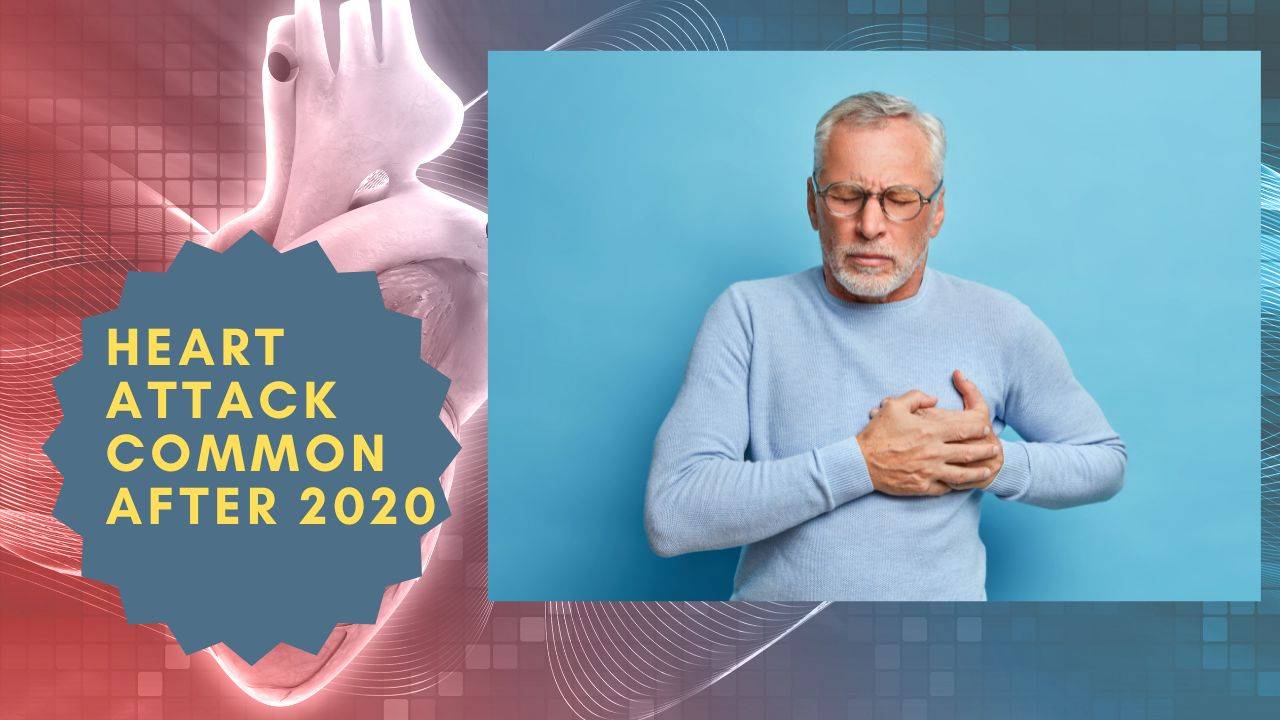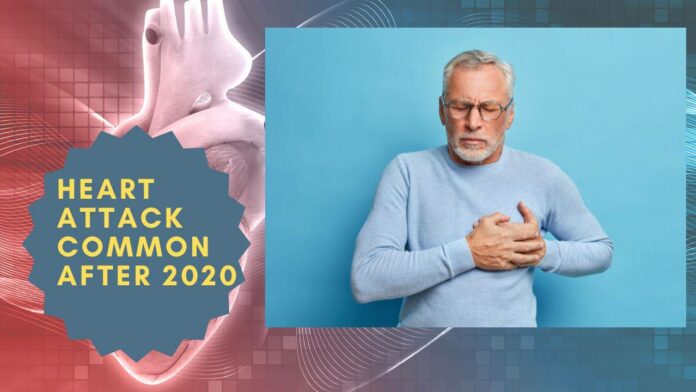
More than three years after the start of the CoVID-19 pandemic in 2020, the world is still grappling with its lingering effects. Cardiologists are concerned about the rise in heart-related problems among patients. Contributing factors include dietary choices, high rates of conditions like diabetes and hypertension, genetics, obesity, sedentary lifestyle, and the inherent susceptibility of Indians to heart attacks due to smoking, all of which are epidemic. Deteriorated due to diseases.
Many people now suffer from permanent heart problems that require further research. CoVID-19 directly affects the heart, causing inflammation in the veins and blood vessels, damaging the lining of the veins and potentially causing complications. Stress and anxiety caused by pandemics can also cause heart attacks.
Reasons why heart attacks are common after the CoVID-19 pandemic
Delay in medical care: At the height of the pandemic, people avoided going to hospitals for fear of getting infected. As a result, some people with heart problems delay their necessary medical appointments, making their heart conditions worse.
Inflammatory response: There is considerable evidence to indicate that COVID-19 triggers a significant inflammatory response. Cardiologists are currently researching the long-term effects of chronic inflammation on the heart.
Stress: When faced with a severe illness like COVID-19, the body, including the heart, can undergo considerable stress. This stress can affect heart function and possibly contribute to heart problems.
Lifestyle changes: Over time, chronic stress and lifestyle changes, including reduced physical activity, unhealthy eating habits, and heavy use of alcohol or tobacco, can lead to the development of heart problems. .
After recovering from COVID-19, some people may experience persistent symptoms or persistent health challenges. These can include heart problems such as myocarditis (inflammation of the heart muscle) or irregular heart rhythms known as arrhythmias.
Some individuals may experience ongoing inflammation and symptoms after emerging from the initial acute phase of COVID-19, which can directly affect the cardiovascular system. Throughout the pandemic, individuals have delayed seeking medical attention for heart problems or other health problems, resulting in progressively worsening conditions.
First Published: 30 Sep 2023, 09:27 IST
